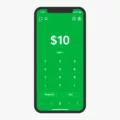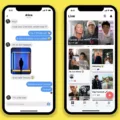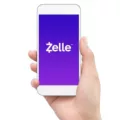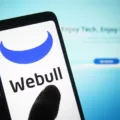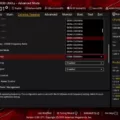Cash App has become increasingly popular as a convenient way to send and receive money. However, there are instances where a payment may expire if it is not accepted within a certain timeframe. Understanding the meaning behind a cash app payment expiring is important to ensure you are aware of what happens to your money in these situations.
When a payment is sent through Cash App, the recipient has 14 days to accept the payment. If the payment is not accepted within this timeframe, it will expire. When a payment expires, the money will be refunded to your Cash App balance. This means that you will have the funds back in your account, ready to be used for future transactions.
It is also worth noting that if a payment is not settled, it will be moved to an expired status. This can occur if there are any issues or delays in processing the payment. In such cases, most financial institutions hold the funds for up to 7 calendar days before releasing the money back into your available balance.
In some instances, a payment may be pending for 24 hours before being automatically canceled and marked as “failed.” If you notice that a payment is still showing as “Waiting to Complete” after 24 hours, you can simply swipe down on your Activity feed to refresh the status.
Cash App takes security seriously and actively monitors accounts for any suspicious or potentially fraudulent activity. If such activity is detected, a payment may be canceled to protect you from being charged. In these cases, the funds will be instantly returned to your Cash App balance or linked bank account.
It’s important to stay informed about the status of your Cash App payments to ensure that your transactions are completed smoothly. If you have any concerns or questions about a payment expiring or any other Cash App-related issue, it is recommended to reach out to Cash App customer support for assistance.
Understanding the meaning behind a cash app payment expiring is crucial to manage your funds effectively. Knowing that an expired payment will be refunded to your Cash App balance can provide peace of mind when using the app for your financial transactions.
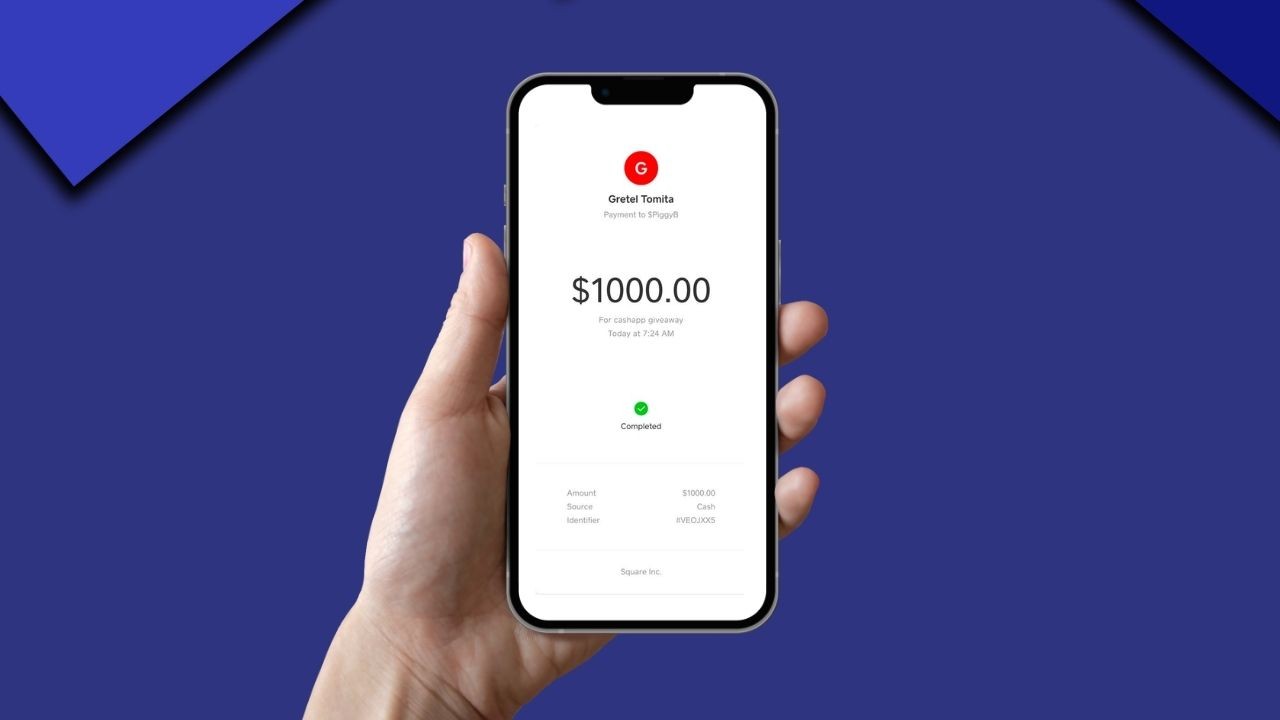
Why Do Cash App Payments Expire?
Cash App payments expire for a few reasons, primarily to ensure the security and timeliness of transactions. Here are the main factors that contribute to payment expirations:
1. Payment Acceptance: When you send a payment to someone on Cash App, they need to manually accept it. If the recipient doesn’t accept the payment within 14 days, it will expire. This is done to prevent unauthorized transactions and ensure that the recipient is willing to receive the funds.
2. Security Measures: Cash App implements various security measures to protect both the sender and the recipient. By setting an expiration date for payments, Cash App reduces the risk of fraudulent or unauthorized transactions. If a payment is not accepted within the specified timeframe, it is automatically canceled to prevent any potential misuse of funds.
3. Accountability and Reconciliation: Expiration of payments also helps with financial accountability and reconciliation. By setting a time limit, Cash App can ensure that all transactions are accounted for within a reasonable period. This allows for easier tracking of payments and reduces the likelihood of discrepancies in the user’s account balance.
It is important to note that when a payment expires, the money is automatically returned to your Cash App balance. You can then use the funds for other transactions or transfer them back to your linked bank account.
Payment expirations on Cash App help maintain the security, efficiency, and accountability of transactions, protecting both the sender and the recipient.
What Does Payment Expired Mean?
Payment expired refers to a status that occurs when a transaction has not been settled within a certain timeframe. In the context of financial institutions, when a payment is made using a credit or debit card, the funds are typically held by the institution for a specific period of time before being released to the recipient.
If the transaction is not settled within this timeframe, which is usually around 7 calendar days, the payment is considered expired. This means that the funds are no longer being held by the financial institution and will be returned to the cardholder’s available balance.
During the time that the payment is in an expired status, the funds are essentially in limbo and are not accessible to either the sender or the recipient. This can happen for various reasons, such as technical glitches, authorization issues, or disputes.
It is important to note that an expired payment does not necessarily mean that the funds are lost. Once the payment is expired, the financial institution will release the funds back to the cardholder’s account, making them available for future transactions.
Payment expired refers to a situation where a transaction has not been settled within a specified timeframe, resulting in the funds being returned to the cardholder’s available balance.
How Long Does Cash App Hold Payment?
Cash App holds payments for a certain period of time to ensure the security and authenticity of transactions. The duration for which Cash App holds a payment depends on various factors, such as the type of payment and the user’s transaction history. Generally, Cash App holds payments for a maximum of 24 hours.
During this holding period, the payment status will show as “Pending” in the user’s Cash App activity feed. It is important to note that if a payment remains in the pending state for more than 24 hours, it will be automatically canceled and marked as “failed”. To check the current status of a pending payment, users can simply swipe down on their activity feed to refresh and see if the status has changed.
Cash App’s hold on payments helps protect users from fraudulent activities and ensures the integrity of the platform. By verifying and confirming transactions before processing them, Cash App aims to provide a secure and reliable payment experience for its users.
Why Would a Cash App Payment Be Cancelled?
A Cash App payment can be canceled for various reasons, primarily to protect users from potential fraudulent activities. The Cash App system constantly monitors transactions and account activities to identify any suspicious or unauthorized payments. When such a payment is detected, Cash App takes immediate action to cancel it in order to prevent users from being charged and to maintain the security of their funds.
Here are some possible reasons why a Cash App payment might be canceled:
1. Fraudulent activity: If a payment is flagged as potentially fraudulent, Cash App will cancel it to protect the user’s account and funds. This can include payments made to unrecognized or suspicious recipients, or transactions that exhibit patterns commonly associated with fraudulent behavior.
2. Insufficient funds: If there are insufficient funds in the sender’s Cash App account or linked bank account to cover the payment, Cash App may cancel it to prevent overdraft or declined transaction fees.
3. Invalid recipient information: When the recipient’s details, such as their Cash App username, email address, or phone number, are entered incorrectly or do not match any existing Cash App account, the payment may be canceled.
4. Transaction limitations: Cash App imposes certain transaction limits, such as daily or weekly caps on sending or receiving money. If a payment exceeds these limits, it may be canceled.
5. Account verification issues: If the user’s Cash App account is not fully verified or if there are issues with their identity or payment verification, Cash App may cancel payments as a precautionary measure.
6. Technical glitches: In rare cases, technical issues or system errors may cause payments to be canceled. Cash App constantly works to rectify such issues promptly to ensure smooth and secure transactions.
It’s important to note that when a payment is canceled, the funds are instantly returned to the user’s Cash App balance or linked bank account. Cash App aims to maintain a secure and reliable platform for its users, and canceling potentially fraudulent payments is one way they ensure the safety of their customers’ financial transactions.
Conclusion
Cash App offers a convenient and user-friendly platform for sending and receiving payments. However, there are a few possible scenarios that can occur if someone doesn’t accept your payment.
Firstly, if the payment is not accepted within 14 days, it will expire and the money will be refunded to your Cash App balance. This ensures that your funds are not held indefinitely and allows you to use them for other transactions.
Additionally, you have the option to cancel the payment yourself. If the transaction is not settled, it will be moved to expired status. Most financial institutions hold funds for up to 7-calendar days before releasing them back into the cardholder’s available balance.
Furthermore, if a payment has been pending for 24 hours, it will be automatically canceled and shown as “failed”. However, if it still shows as “Waiting to Complete”, you can simply swipe down on your Activity feed to refresh the status.
Lastly, Cash App monitors accounts for any suspicious or potentially fraudulent activity. If such activity is detected, the payment may be canceled to protect you from being charged. In such cases, your funds will be instantly returned to your Cash App balance or linked bank account.
Cash App strives to ensure a secure and efficient payment experience for its users. While there may be instances where payments are not accepted or canceled, the platform provides mechanisms to address these situations and safeguard your funds.






